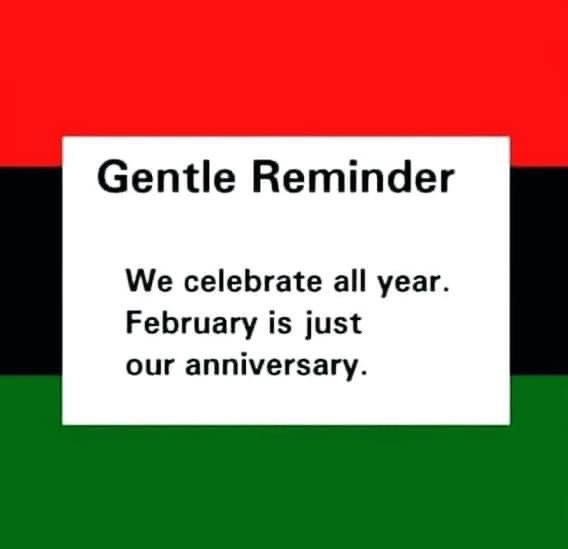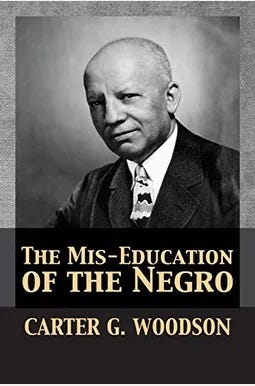The Choice: Celebrating Black History Month
We can celebrate all year AND especially in February
Issue #514 The Choice Monday, February 26, 2024
Black History Month has been officially celebrated since 1976 when it was declared an annual celebration by President Gerald R. Ford. What would become Black History began in 1926, when Harvard-trained historian, Dr. Carter G. Woodson established the 2nd week of February as “Negro History Week.” Dr. Woodson chose the date because the birthdays of Abraham Lincoln (February 12) and Frederick Douglass (declared February 14) fell during that week.
On February 1, 2024, I published a post about Dr. Carter G. Woodson and the development of Negro History Week and Black History Month (the paywall has been removed):
Today In Black History
Issue #484 Today In Black History, Thursday, February 1, 2024 Today’s Black History WOW!
In the past few years, many people have rallied against celebrating Black History Month, claiming that Black History should not be limited to just one month out of the year and falsely contending that the holiday has been “gentrified” and diminished by non-Black people.
Of course, Black History IS American History and should be celebrated every day of the year. However, in this post, I am strongly suggesting that we also continue to especially celebrate Black History Month as it was designed:
Negro History Week/Black History Month is FUBU: For Us By Us. Dr. Carter G. Woodson started Negro History Week because he strongly felt that Black people were not taught enough about their own history, both here in America and around the African Diaspora. It was Black college students in the late 1960s who advocated for the expansion of Negro History Week to Black History Month.
Dr. Woodson also believed that non-Black people should also learn the true history of Black people and that our history, including in Africa, did not start with slavery. During his administration, Donald Trump tried to change the name of Black History Month to “African American History Month,” showing his ignorance of the history and purpose declared by Dr. Woodson that Black History is worldwide. Trump’s initiative failed.
Celebrating Black History Month and highlighting the achievements of Black people especially in February does not negate studying Black History throughout the year. Your birthday comes around once a year and you celebrate yourself on that date. But you also celebrate yourself all of the other days of the year. It is the same with Black History.
Currently, there have been efforts in many states and school systems to erase the history and accomplishments of Black people, and the official celebration of Black History Month helps to mitigate those efforts.
Learning and re-learning about our historical and current Black people and their accomplishments, especially in the continuing atmosphere of racism and anti-Black efforts helps us to remember on whose shoulders we stand and what our ancestors and elders had to endure.
Remember, “they” didn’t “give us the shortest month of the year” to celebrate Black History Month. The 2nd week of February was chosen by Dr. Carter G. Woodson, an accomplished and esteemed historian and the 2nd Black person to be awarded a Ph.D. from Harvard University. It was also Black university students who set the stage for the expansion from the 2nd week of February to the entire month of February.
We honor their efforts and the original purpose set forth by Dr. Woodson to celebrate our history every day, but especially learn and give honor to our elders and ancestors during the month of February.
The “Comments” feature is enabled for paid subscribers for “The Choice” posts. You can also discuss these facts in our community on Substack Notes. You can also read other Substack publications without subscribing to them when you join Notes.
These posts are free to read. To have 365 24/7 access to all our posts and podcast episodes and financially support “We Are Speaking” for no more than $5 per month, please subscribe at the paid level. You’ll receive a 7-day free trial!






